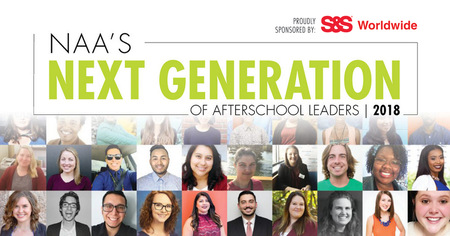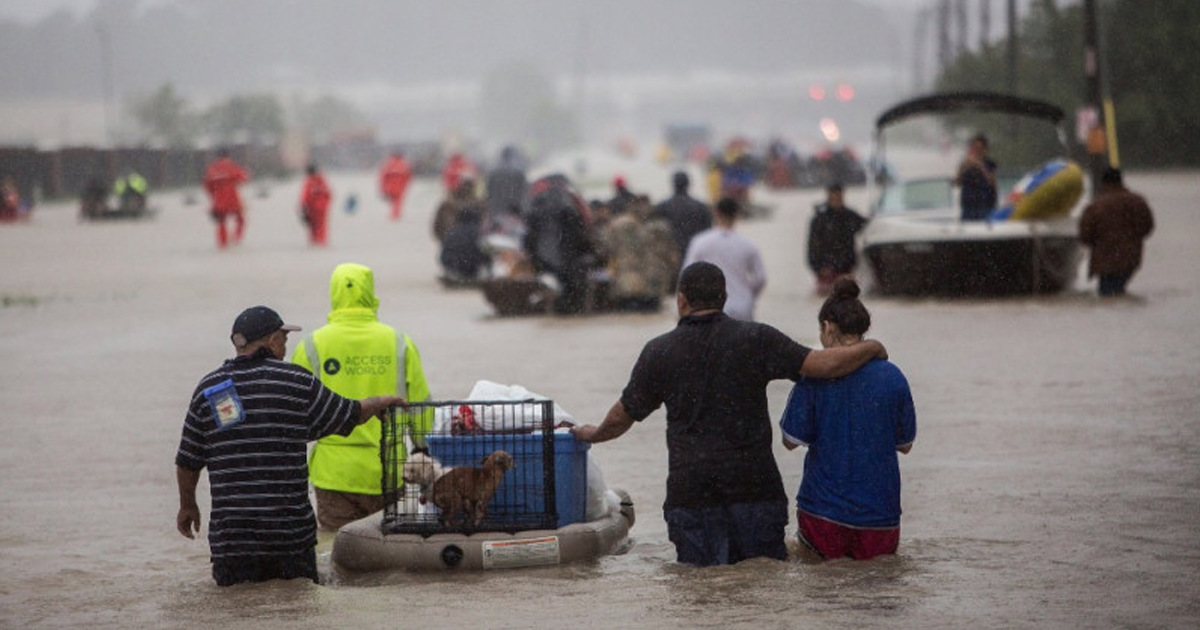To maintain positive progress, however, we must all continue this hard work.
While parents are the number one influence on their kids' decisions to drink—or not to drink—alcohol, educators and afterschool professionals can play a crucial role in starting that conversation. By teaching communication skills, smart decision making, and the science behind alcohol's effect of the brain and body, we can ensure that kids have the tools they need to say NO to underage drinking.
This back-to-school season, utilize free animated videos and lesson plans (aligned to national standards) from Ask, Listen, Learn: Kids and Alcohol Don't Mix, and download a free poster for your group!

Ask, Listen, Learn: Kids and Alcohol Don't Mix is a free program of the Foundation for Advancing Alcohol Responsibility, a national not-for-profit organization working to end drunk driving, prevent underage drinking and promote responsible consumption for those of age. Ask, Listen, Learn provides youth ages 9 – 12, along with their parents and educators, information about the dangers of underage drinking. The program's new digital resources were created to teach what the brain does, what alcohol does to it, and what that does to you. Program content regarding the effects of alcohol on the developing brain has been reviewed by the National Institute on Alcohol Abuse and Alcoholism (NIAAA) and is consistent with currently available science.

Written by Helen Gaynor, Education and Outreach Lead at the Foundation for Advancing Alcohol Responsibility. She works to develop alcohol education content for the organization's longstanding program, Ask, Listen, Learn: Kids and Alcohol Don't Mix and manages the program's partnerships and stakeholder outreach, researching ways to effectively reach parents, teachers and administrators. Before joining Responsibility.org, Helen worked as a high school health educator in Washington, D.C., as well as in academic research. Helen studied at the George Washington University, earning a degree in Anthropology and International Affairs with a Global Public Health Concentration. To learn more, visit Responsibility.org.




